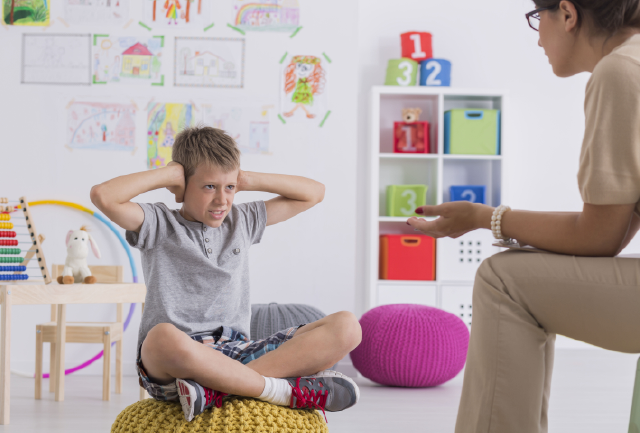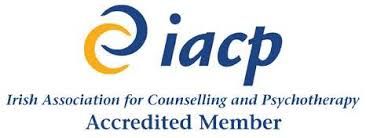Learning to self regulate in therapy.

Learning to self-regulate in therapy is an empowering journey that helps individuals manage their thoughts, emotions, and behaviors more effectively. Here are some ways therapy can help with self-regulation:
- Awareness Training: Therapists help increase self-awareness, allowing individuals to recognize their emotional triggers and responses.
- Mindfulness Practices: Techniques such as mindfulness meditation can be introduced to help individuals stay present and manage overwhelming emotions.
- Cognitive-Behavioral Techniques: Cognitive-behavioral therapy (CBT) focuses on identifying and changing negative thought patterns to improve emotional responses.
- Emotion Regulation Strategies: Therapists teach skills to manage and modulate emotions, such as deep breathing, progressive muscle relaxation, or visualization.
- Goal Setting: Setting realistic and achievable goals can provide direction and motivation, facilitating better self-regulation.
- Developing Coping Skills: Learning effective coping strategies can assist in handling stress, anxiety, and other challenging emotions.
- Self-Monitoring: Keeping a journal or using apps to track mood changes and experiences helps in understanding emotional patterns.
- Building Healthy Habits: Therapists can guide individuals in establishing routines that promote mental and emotional well-being, like regular exercise, adequate sleep, and healthy eating.
- Positive Reinforcement: Focusing on successes and rewarding oneself for making progress can encourage further development of self-regulation skills.
- Exploring Underlying Issues: Therapy can uncover and address deeper issues that may hinder self-regulation, such as past trauma or unresolved conflicts.
Through consistent practice and support, individuals can enhance their self-regulation skills, leading to a more balanced and fulfilling life.

Write Reviews
Leave a Comment
No Comments & Reviews